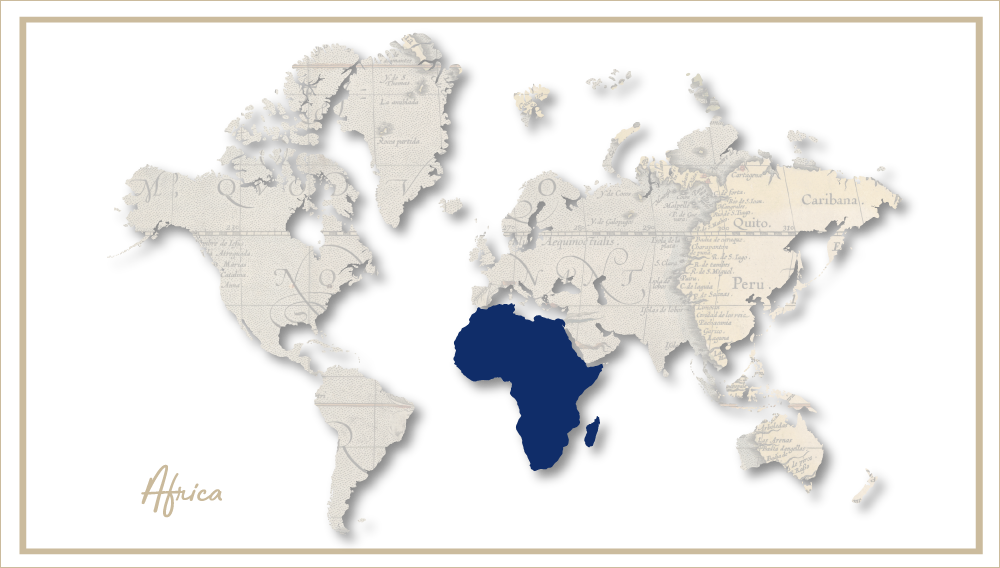Heineken consolidates the market – Comment
Malt beverages are a huge success in Nigeria. There are already more than 14 brands in the market. These include Malta Guinness, Maltina , Amstel (NB),Vitamalt, Maltex, Nasmalt, Hi-Malt (Consolidated), and Maltonic (Sona), it was reported. Nevertheless, Heineken was not interested in buying yet another malt beverage brand. Heineken’s aim was to take the brewery off the market, people familiar with the situation say.
Nigeria is dotted with breweries that are lying dormant or that are struggling following the collapse of its beer market in the late 1980s.
This fact France’s Pierre Castel sought to use to his advantage after he had bought the International Brewery in Ilesha from Germany’s Warsteiner brewery last year. In order to grow market share rapidly, he set his eyes on the Maltex brewery especially after SABMiller had made their entry into Nigeria by acquiring a stake in Pabod Breweries.
Heineken was quick to notice the danger arising from the emergence of two new competitors and took the opportunity to strike a deal with Maltex through its subsidiary Consolidated Breweries. Although Heineken would not say how much it paid for Maltex, people close to the action say that Heineken must have forked out a premium as Maltex’s brewery compound is fairly large and could be used for the brewery’s expansion.
Maltex’s contract with Guinness, Heineken’s direct competitor in Nigeria, does not seem to pose any problems as Heineken does not have products in the RTD category itself.
Consolidated Breweries has two breweries, one in Ijebu Ode (about 120 km from Lagos) and in Awo Amama near Onitsha and their flagship beer is “33”. Both breweries have an estimated output of 800,000 hl per year.
Heineken operates in Nigeria through controlling stakes in Nigerian Breweries and Consolidated Breweries, and enjoys a market share of 67 percent. The two groups produced 9.8 million hl beer in 2008, Heineken reports.
Nigeria’s beer market in 2008 saw double-digit growth to over 15 million hl.

